Growing risk
The menacing threat also affects Hungary, as the report states that "the general escalation of calls to action and tension levels has led to an increase in information suggesting a heightened risk of terrorist attacks (also) on potential European targets". Although Hungary - unlike many other EU member states - does not have a significant Arab diaspora, we are, nevertheless, on a migration transit route.
This is why the National Information Center states that
in terms of internal security, the risk of terrorism has increased proportionately with migration pressure and as a direct consequence of the war between Israel and Hamas. There is a high probability that terrorist networks will utilize the routes of illegal migration – including the Western Balkan route passing through Hungary.
This reveals how the problem is linked to the deplorable conditions on the southern side of the Serbian-Hungarian border. The report also reveals that the people-smuggling gangs operating there are not only becoming increasingly organized and violent, but have already in part come under Middle Eastern influence.
The Hungarian intelligence also have information that the leadership of a terrorist organization in the Middle East has already expressed the need to acquire, i.e. buy, entire human trafficking networks. This is how they would then bring human smuggling under their control at our southern borders.
Lone wolves?
The dangers are further compounded by the manner in which terrorists have operated in recent years. Jan Op Gen Oorth, Europol spokesman, told Euronews. According to him, Islamist terrorism is still the biggest terrorist threat in Western Europe and "lone wolves are expected to continue to carry out most of the terrorist attacks."
At the same time, Europol also found that lone wolves may not be so lone after all, as they see the process of recruitment and radicalization as being increasingly coordinated.
Terror in Europe
It is worth remembering that in 2015, when the biggest wave of migration in recent times arrived on the European continent, the number of Islamist terrorist attacks rose from four in the previous year to seventeen. According to Europol, four people were killed in such attacks in 2014 and 150 in 2015.
In 2015, the siege of Roszke took place, when aggressive migrants attacked Hungarian border guards. Massive, uncontrolled crowds of people arrived in Europe in 2016 as well. That year, 135 people lost their lives in ten attacks.
2016 was also the year of the terrorist attack in Nice which claimed the lives of 86 people and injured 458. ISIS, one of the groups putting out threats now, claimed to have committed that attack.
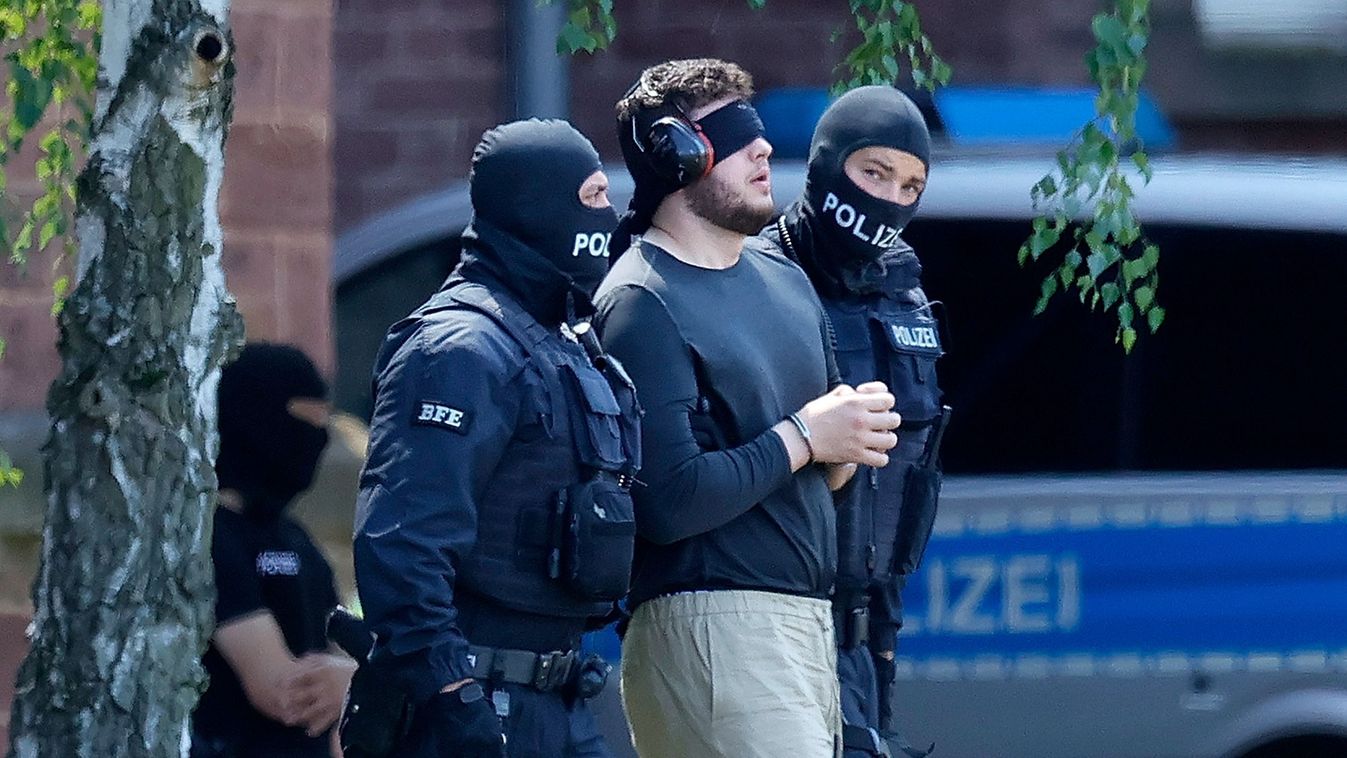
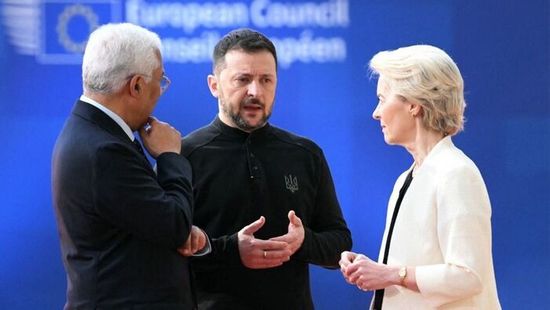

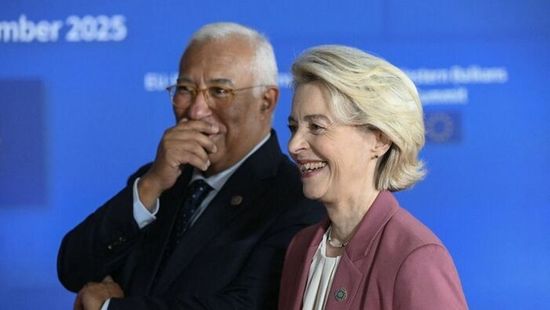



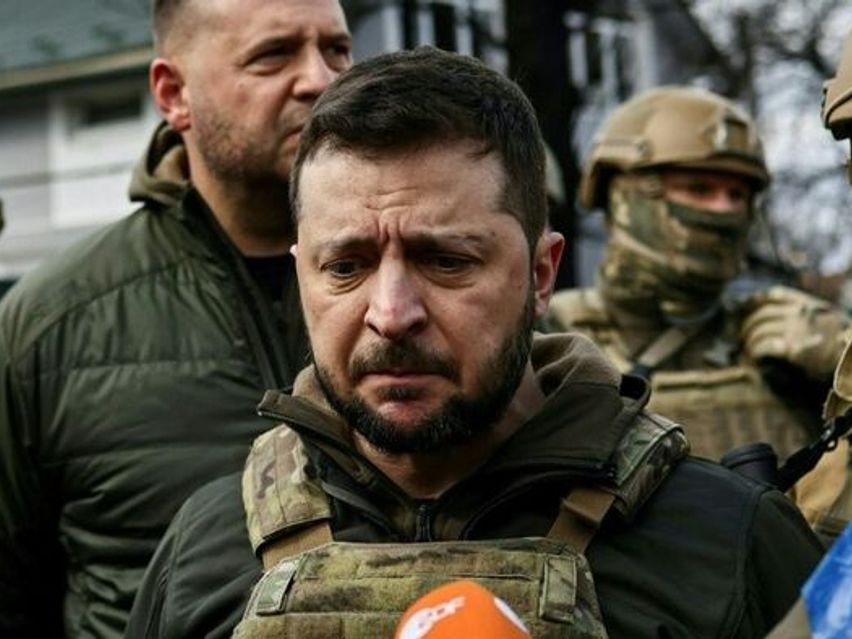



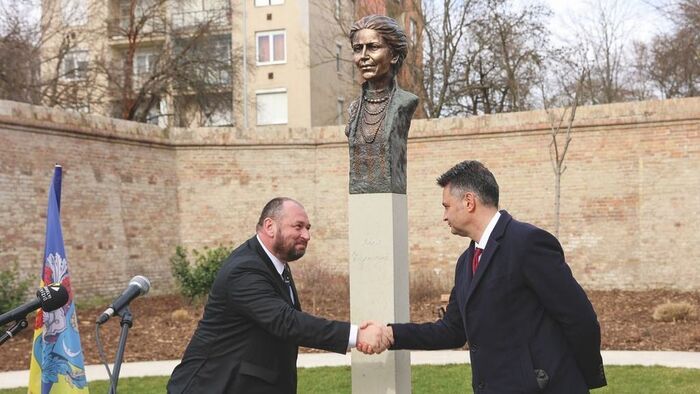

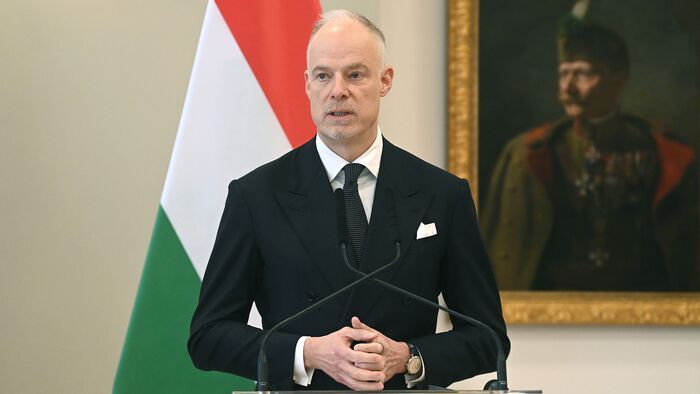



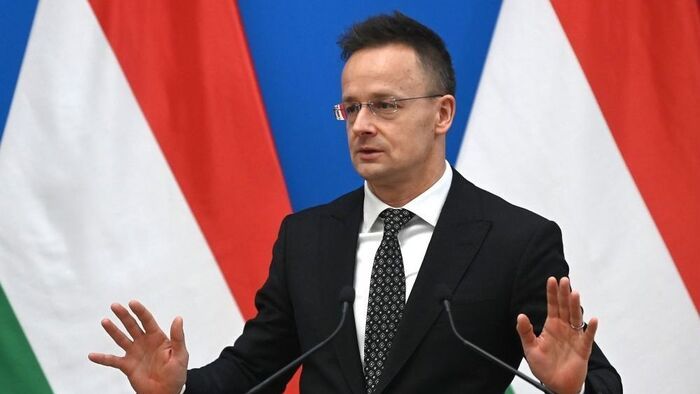





Szóljon hozzá!
Jelenleg csak a hozzászólások egy kis részét látja. Hozzászóláshoz és a további kommentek megtekintéséhez lépjen be, vagy regisztráljon!